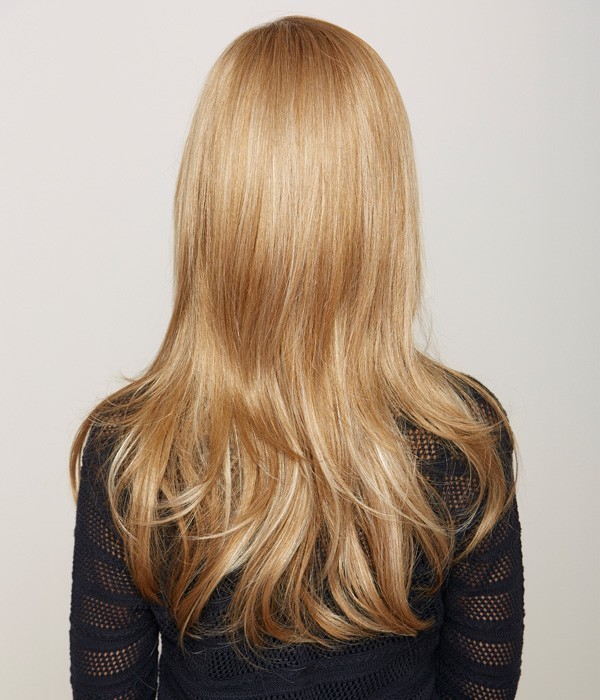
What happened: A new study, published in the journal Autism, shines new light on the relationship between camouflaging as an autistic woman and mental health concerns, as well as the importance of earlier screening and better support for autistic women across the lifespan.
-
Researchers at Brigham Young University recruited 58 female participants who reported difficulty in social situations and met board criteria for autism
-
Most of the participants reported masking their autistic characteristics often, which was associated with higher mental health difficulties
-
Of those included in the study, 62% reported depression, 66% stress, 67% anxiety and 62% suicidal thoughts
At the end of the day, we want [autistic women] to find inclusive communities who will help meet their social needs and support their ability to function as they’d like to day-to-day. — Dr. Jonathan Beck, study author
The Frontlines: Masking can also cause women to be diagnosed as autistic at a much later age. The ability to camouflage autistic traits can prevent doctors from diagnosing autism. The fact that autism is often considered a “male” disorder adds to misdiagnosis in females.
-
8% of girls with autism are diagnosed before age 6, while 25% of boys with autism are diagnosed before this age
-
50% of boys with autism are diagnosed before age 11, only 20% of females with autism are diagnosed prior to this age
-
The ratio of women to men with autism was found to be 3:1
Get more on autism: Sign up for our weekly autism newsletter.
A Mighty Voice: Our contributor, Molly D. Dann-Pipinias, had this to share. “I was taught to mask from a very young age. The goal was to make me appear as ‘normal’ as possible. Instead, it caused intense burnout. It has only been recently, when I’ve taken off the mask, that I’ve been able to be truly happy.” You can submit your first person story, too.
From Our Community:
Add your voice:
Other things to know: You’re not alone if masking is causing burnout or other mental health issues. These other Mighty articles might help:
-
How Masking My Autism Led to Burnout
-
#TakeTheMaskOff Campaign Created to Encourage Autistics to ‘Unmask’
-
Autistic Burnout, Explained
How to take action: For more resources and information about autism, check out the Autistic Self Advocacy Network’s website.
Read more stories like this on The Mighty:
How It Feels to Be an Introvert on the Autism Spectrum
Why I Chose Self-Employment as a Person With Autism
I’m Your Fiercely Empathetic Nurse, and I Have Autism
How ‘The Influencer’ Helps Autistic Performers Rehearse Connection
Celebrating the Milestones for My Son on the Autism Spectrum





/assets/images/provider/photos/2672875.jpg)
More Stories
Censorship and Health Propaganda: The Hidden Dangers
Can You Trust Government Health Agencies Anymore?
Eating Disorders Information Every Family Should Read